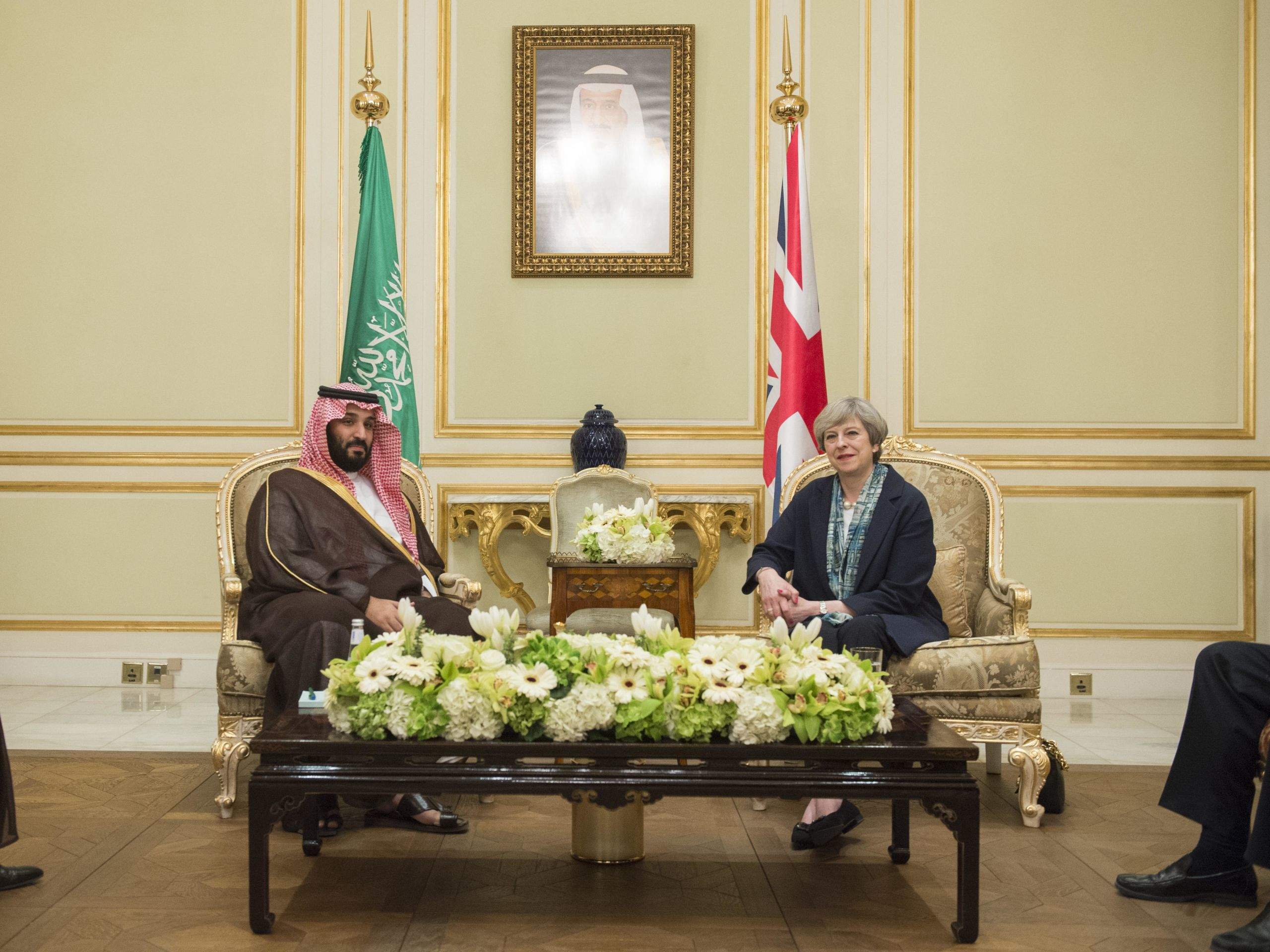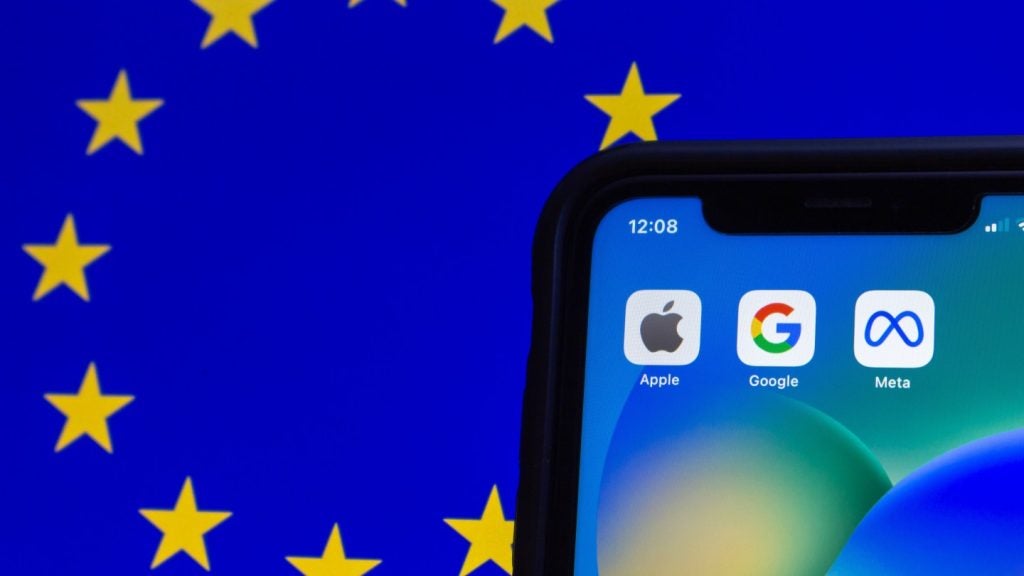
The UK has rolled out the red carpet to Saudi Arabia’s Crown Prince Mohammed bin Salman as he arrived for three days of meetings with prime minister Theresa May, royals, and business and defence officials.
Mohammed bin Salman has drawn both praise and criticism at home and abroad as he consolidates power and tries to modernise Saudi society.
Alleged anti-corruption crackdowns on the richest Saudis accused of amassing wealth at the expense of the Kingdom’s coffers come alongside radical modernisation of Saudi society and the economy.
Ahead of the Crown Prince’s UK visit human rights groups criticised the “royal treatment” he has been offered, branding it “shameless” amid brutal crackdowns on dissent at home.
Paris-based Reporters Without Borders (RSF) said:
Whilst Prince Mohammed is receiving the royal treatment in the UK, the situation is bleak for his critics at home in Saudi Arabia, a country with one of the world’s worst records on press freedom.
How well do you really know your competitors?
Access the most comprehensive Company Profiles on the market, powered by GlobalData. Save hours of research. Gain competitive edge.
 Company Profile – free sample
Company Profile – free sampleThank you!
Your download email will arrive shortly
Not ready to buy yet? Download a free sample
We are confident about the unique quality of our Company Profiles. However, we want you to make the most beneficial decision for your business, so we offer a free sample that you can download by submitting the below form
By GlobalData
The group said the Kingdom’s zero tolerance policy for public criticism has landed four journalists and seven citizen journalists in Saudi jails with 15 others held in arbitrary detention following a string of arrests that started in September 2017.
Saudi Arabia is ranked 168th out of 180 countries in RSF’s 2017 World Press Freedom Index, having dropped three places since 2016.
Prince Salman yesterday had lunch with the Queen at Buckingham Palace before heading to Clarence House for dinner with Prince Charles and the Duke of Cambridge.
Yemen protesters take to the streets
UK anti-war campaigners planned days of protests in the run-up to the crown prince’s arrival, with a rally planned in London’s Downing Street on Wednesday, under the banner #SaudiPrinceNotWelcome.
Campaigners claim the Saudi Prince is responsible for the bombing of Yemen, which has caused what the United Nations has called “the worst humanitarian crisis in the world”.
The group also said the Saudi repression in Bahrain, a blockade on Qatar, and detainment of the Lebanese Prime Minister, mean he should not be welcomed in the UK.
Activists want the UK government to stop licensing $6.3 billion of weapons sales to Saudi Arabia, which it has done since the outbreak of the Yemen war in 2015.
May said she had raised “deep concerns” over the humanitarian crisis in Yemen with Saudi Arabia’s Crown Prince, following Commons clashes over allegations of British involvement in the kingdom’s conflict.
Labour leader Jeremy Corbyn earlier prompted a political row by claiming “British military advisers are directing the war” in Yemen.
In 2015 the Crown Prince, who also serves as defence minister, led a coalition of Gulf armies into Yemen against Iran-backed Houthi forces, which has killed 10,000 people so far, and devastated much of the country’s ancient architecture.
Business as usual
Accompanied by Saudi investment ministers, Prince Salman is expected to make $100 billion in business deals on his globe-trotting trip that includes Egypt, the UK, and the US, offering opportunities for people to invest in his Vision 2030 economic reform plan, designed to steer the country away from reliance on oil wealth.
The visit is an effort to prop up the Kingdom’s ailing economy to bank roll a slew of ambitious reform plans after plunging oil prices wiped out revenues, former US diplomat and vice president of consulting firm B&K International Charles Kestenbaum told Verdict.
The deals will help prop up the Kingdom’s ailing economy and restore investor confidence after sweeping crackdowns send shivers through Middle East markets.
“The Saudi economy is actually shrinking and the government has reduced lending to local companies in order to cover the subsidies in the budget for electricity, water, gasoline and other basics and services.
The prince is caught in a precarious balancing act between introducing violent modernisation while hoping the rate of modernisation doesn’t back-fire, Kestenbaum said.
The challenge is how to insert a square peg into a round opening…how to empower the young Saudi citizens in social and economic terms but retaining absolute monarchy and autocratic political power.
The model being followed is China. And ironic that Xi is himself engaged in securing his autocracy by eliminating term limits… as is president Erdogan in Turkey, president Sisi in Egypt, and many others in this global trend to autocracy.







